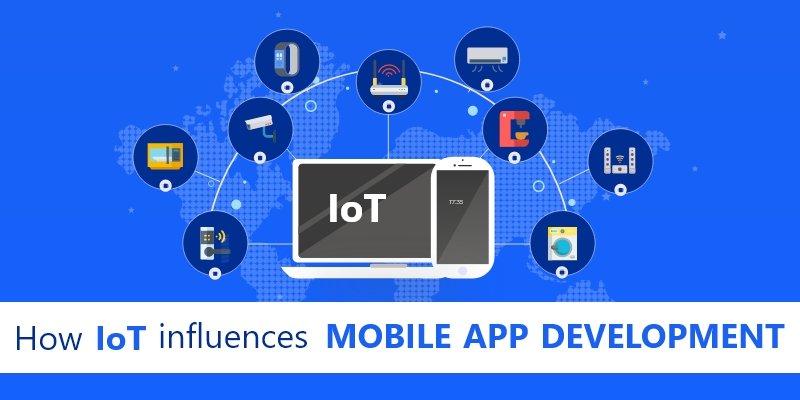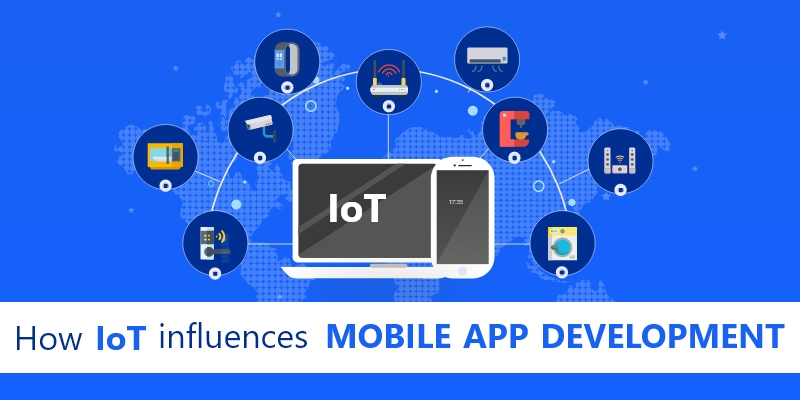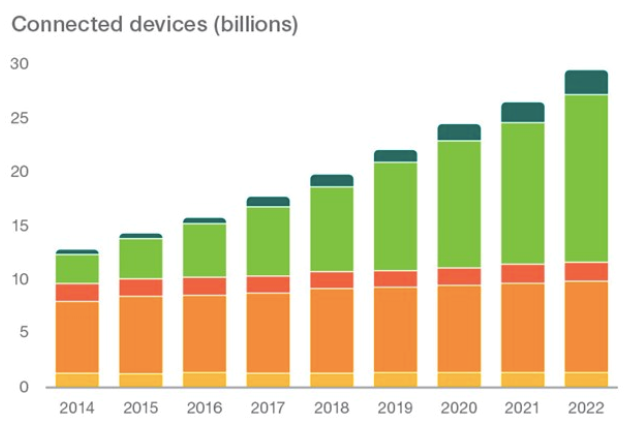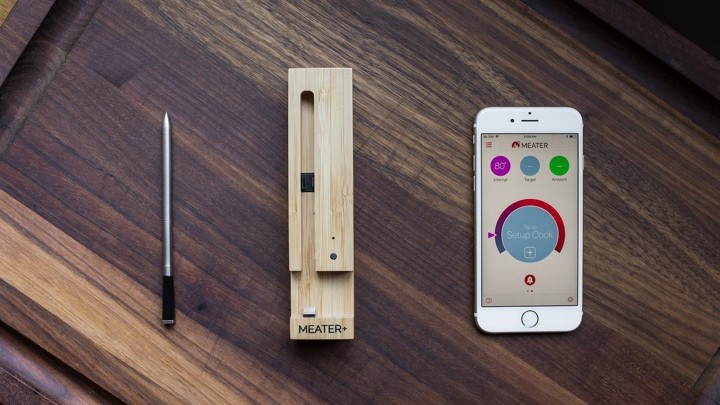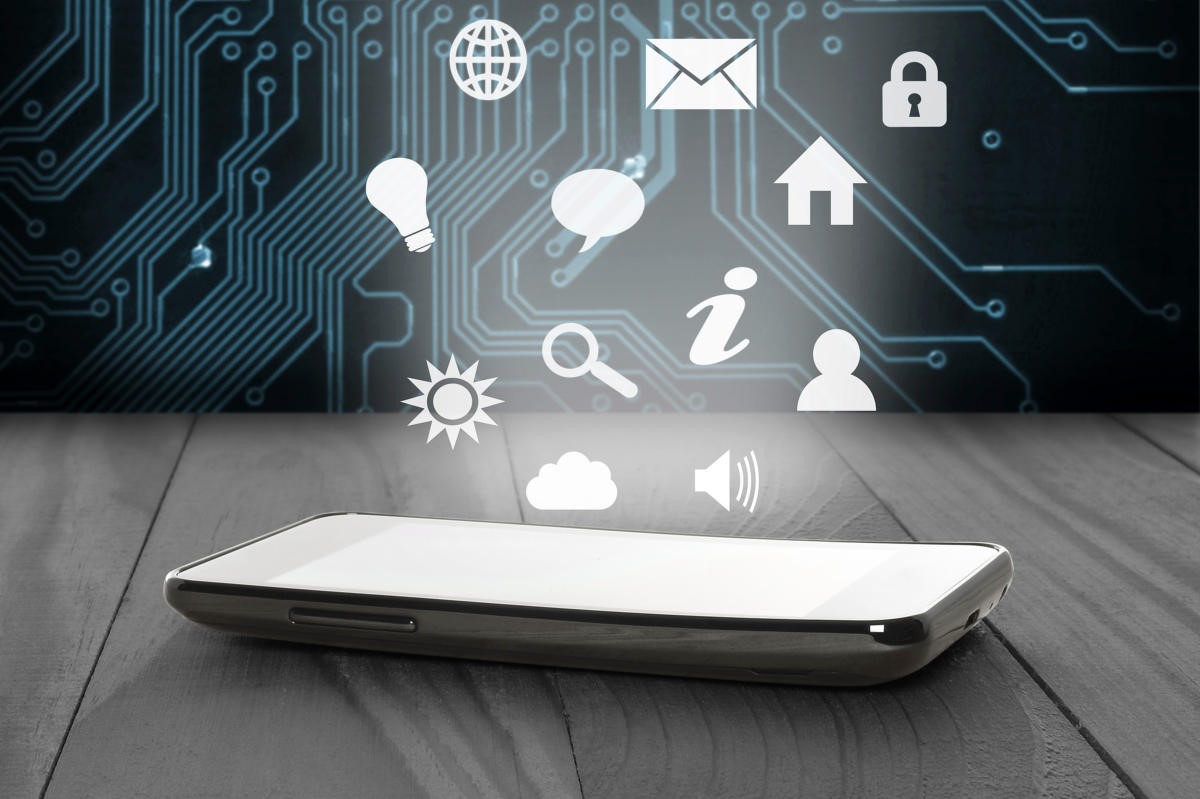How IoT has ushered in a wave of success in Healthcare Services?
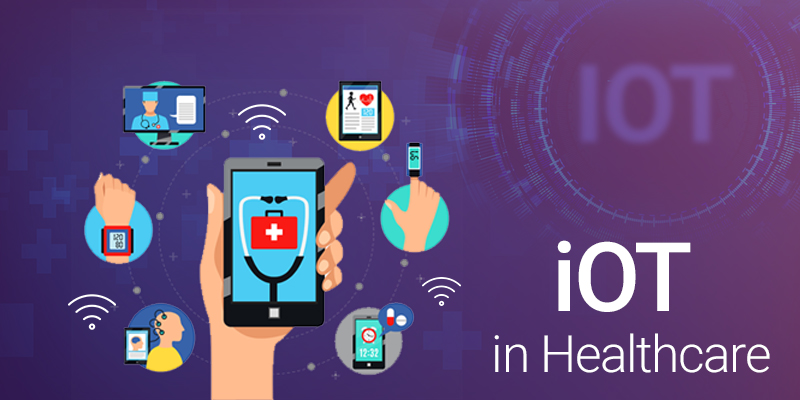

IoT (Internet of Things) is one of those technological marvels of the modern era that has digitally transformed the Healthcare sector by introducing smart healthcare apps. These healthcare IoT applications have helped the medical industry to overcome the existent roadblocks and limitations in its functioning. IoT App Development Companies have empowered the practitioners, patients, and service providers to unfold new horizons. This has resulted in simplified access to medical facilities through remote communication and reduced mortality rate on account of avant-garde treatment methodologies. Needless to say, the rate of adoption of IoT App Solutions has sky-rocketed and an upward demand curve has been observed.
Take a look at this interesting statistical data released by Statistica, indicating the estimated size of the IoT Healthcare market (in billion US $) between 2016 and 2025.

Fortune Business Insights predicts that the IoT in Healthcare market size will soar up to USD 176.82 Billion by the end of 2026.
In this blog, I have penned down how IoT in Healthcare has revolutionized the fundamental tenets of this domain and the immense benefits of IoT Application Development reaped by the patients, doctors, and service providers unanimously.
IoT in a nutshell
Internet of Things comprises of a network of devices and software applications, interconnected via computer networks and wireless communication channels. This ingenious eco-system is meant for collecting and sharing real-time data. Data is stored in cloud platforms and can be remotely accessed by authorized users from any part of the globe. IoT in Healthcare has worked wonders in domains like telehealth, mHealth, telemedicine, etc. Let’s dive into some of the use cases in the healthcare domain.
Popular Use cases of IoT in Healthcare
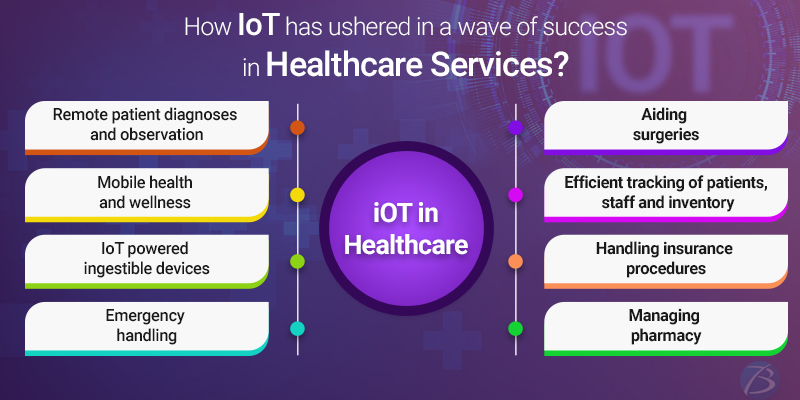
Remote patient Diagnoses and Observation
IoT empowered solutions record the necessary health parameters to facilitate remote patient diagnoses and monitoring. This is one of the important features of IoT in telemedicine apps.
Doctor-patient consultations take place through live audio and video call, and other advanced communication channels, without the need for patients to pay a visit to the hospital. IoT powered external devices such as digital stethoscopes, oximeters, etc are being used by patients during digital telemedicine consultations.
IoT activity monitoring devices such as heart rate monitoring cuffs, glucometers, pulse meters, etc. used by the patients enable the doctors to remotely observe the health of elderly patients and those with chronic conditions. The data obtained from these devices aid the physicians to identify the correct course of treatment for patients.
Mobile Health and Wellness
IoT mobile app development has elevated wellness to a completely new level. Wearables like Apple watches, Fitbits, etc transmit patient’s vital health parameters through Bluetooth, Wifi, GPRS Networks and display the results in the smartphones. This proves immensely beneficial in keeping a track of the body vitals and other wellness parameters such as sleep patterns, body temperature, heart rate, blood sugar level, activity tracking, etc. and providing real-time data to the patient, their doctors, and caregivers. For example, a Holter monitor device is a wearable that tracks abnormalities in a patient’s heartbeat. This helps in timely preventive care. Click here
Wearable technology
to gain more insights on wearable technology.IoT powered ingestible devices
These ingenious ingestible sensors available in the form of pills can be swallowed and it remains inside the human body and stay at a particular spot and sends data to mobile applications. The sensors embedded inside these pills detect drug doses taken and missed by the patient. Some of these pills have an in-built camera that provides visibility of the internal organs. Thus, ingestible devices prevent life-threatening conditions.
Emergency handling
IoT facilitates the accurate collection of patient data in case of medical emergencies and transmission of this data in real-time to the Emergency Response medical staff. This allows the ER staff to stay prepared while the patient is being brought to the hospital and no time is wasted after the patient’s arrival.
Aiding surgeries
IoT powered tools and applications provide handy assistance during surgeries and in handling post-surgery care. The IoT sensors accumulate data, transmit it, and analyze the same, resulting in finding out even the tiniest problem, and thereby preventing surgical complications.
Efficient Tracking of Patients, Staff, and Inventory
Smart IoT healthcare solutions contribute in the following ways:
- Wireless ID cards for staff and patients enhance security, effectively manage admissions, and simplify staff management.
- RFID tags are used to track patients such as babies and elderly patients with Alzheimer’s disease and even staff members in case of urgency.
- IoT integrates with Real-time location systems (RTLS) to manage the assets of healthcare enterprises. It employs BLE (Bluetooth Low Energy) and iBeacon to track supplies in the operating rooms and inventory.
Virtual Monitoring of medical equipment
The contemporary healthcare services require avant-garde software and hardware equipment and their continuous monitoring, to prevent them from system failures and cyber-attacks. IoT powered solutions virtually monitor them and provide alerts to the medical staff if some anomaly is detected.
Managing Pharmacy
Managing the drugs in a hospital and transferring the same safely to storage facilities is a herculean task with chances of errors. Pharmacies managed by IoT application enable faster delivery of medicines and takes care of drug-preservation issues while transfer.
Handling insurance procedures
Insurance companies leverage IoT devices to validate claims and detect fraudulent practices with the help of the data captured by these devices. Such devices also enhance the transparency between insurance providers and customers regarding processes like pricing, underwriting, handling claims, and assessing risks.
Architecting an IoT Environment in healthcare
Steps to be followed by Digital healthcare service providers for the implementation of IoT are as follows:
- Deploying devices possessing sensors, monitors, actuators, camera systems, actuators, and detectors to accumulate data.
- Conversion of received data to the digital format and store the same in a data center.
- Managing and analyzing the medical data with the help of data analytics based on which the correct course of action is decided.
Key Advantages of IoT powered Healthcare IT services
Easy access to healthcare facilities
Remote doctor monitoring and consultation facilities make healthcare and wellness easily accessible to patients with less mobility, the ones residing in remote areas with no hospitals nearby, and the super-busy professionals who hardly find time to visit the clinic. Moreover, the patients have a plethora of options at their disposal while choosing doctors.
Misdiagnosis of diseases
IoT system with the help of computer vision, sensors can collect data from several IoT devices and leverages advanced analytics enabling providers to know the course of the disease and thus avoid the wrong diagnosis of diseases. Faster and error-free diagnoses of diseases, continuous patient monitoring, and proactive treatment methodologies are some of the major gains for patients opting for digital healthcare services.
Lesser negligence and better adherence to treatment plans
Thanks to the IoT healthcare monitoring solutions encourage patients to stick to their treatment procedures and help the doctors to stay informed about the patient’s condition without much ado.
Operational Flexibility
Online diagnoses with the help of IoT Mobile apps allows doctors to enjoy flexible schedules without having to visit the clinic in case of non-emergencies.
Lesser crowd in hospital spaces
Digitally smart healthcare centers can do away with over-crowded waiting rooms, and as such can manage with lesser spaces and fewer administrative staff. Furthermore, the chances of healthcare staff getting infected with contagious diseases lessen.
Cost-efficiency
- IoT healthcare solutions enable doctors to scale up the patient count by diagnosing more patients in a day.
- On account of digital real-time consultation and monitoring, patients save on the cost by avoiding unnecessary hospital visits, longer hospital stays, and readmissions.
Augments Brand value
Implementing IoT powered smart solutions and motivating the patients to adopt these technologies enhances the brand value of a company and provides them a competitive edge over others and improves overall patient satisfaction too.
Final Verdict
IoT in Healthcare has redefined healthcare services altogether by opening up a wide range of convenient options for patients, practitioners, and healthcare service providers. It’s high time that the healthcare operators incorporate IoT healthcare solutions in their practice operations if they would like to make a mark in today’s dynamic and competitive market.
With this, we come to the end of this write-up. We hope this blog was helpful. Do comment and let us know your thoughts.

